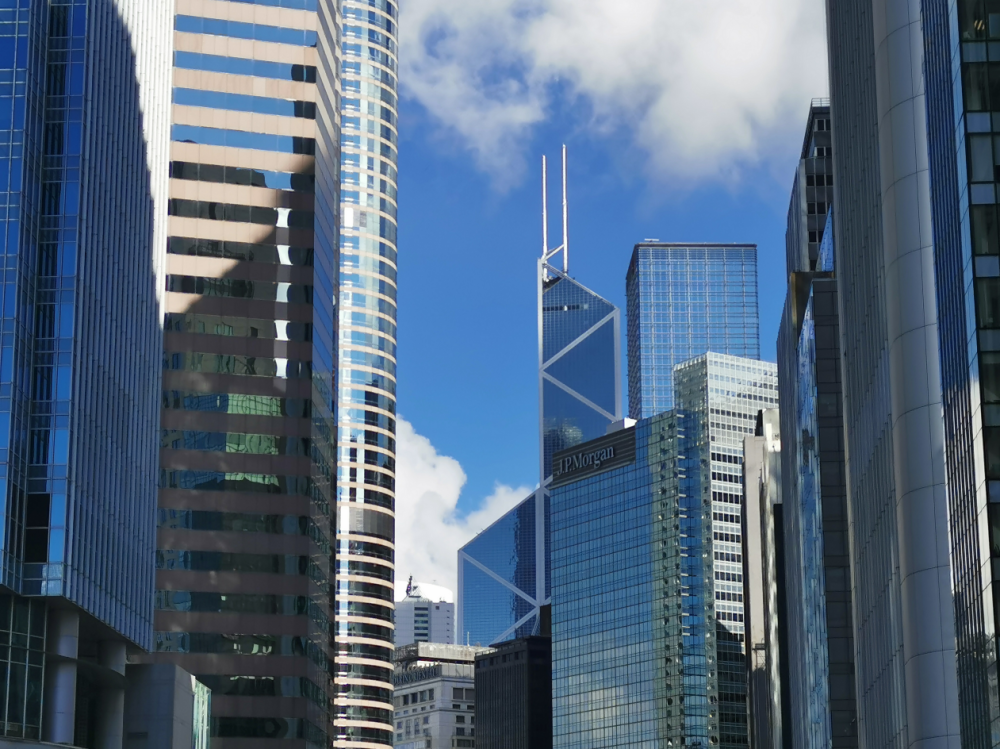
The Zhitong Finance APP learned that in Tesla (TSLA. US) CEO Musk said the company still faces many challenges from the Indian government after politicians in at least four states invited Tesla to set up stores in its state.
Over the weekend, the politicians took to social media tout the strengths of their states, touting aspects of their infrastructure, sustainability and simplified approval processes. The four states are Telangana in the south, Maharashtra in the west, Punjab in the north, and West Bengal in the east.
Musk and the Indian government have been in talks for years, but disagreements over local factories and import tariffs have led to a deadlock, meaning Tesla has still not been able to sell cars in India after three years of making it clear that it wants to enter the Indian market. While prime minister Narendra Modi's government wants Tesla to set up a printing plant, sell and export, Musk has insisted on cutting import tariffs to 100 percent so tesla can build a market locally first.
All the states that invited Tesla were ruled by parties opposed to Modi's Bharatiya Janata Party.
Setting up a car factory in India can be difficult even for local companies without government support, as red tape, land acquisition and labor rights remain an ongoing challenge. In 2008, Tata Motors, part of India's largest conglomerate, was forced to abandon a near-completed factory in Bangladesh as local farmers staged violent protests against land expropriation, where production of the world's cheapest car, Nano, was thwarted.
India, the world's fourth-largest automotive market with more than 1.3 billion people, was an attractive option for electric vehicle manufacturers, but at the time the automotive market was still dominated by cheap gasoline and diesel cars produced by Suzuki Motors and Hyundai Motor's local subsidiaries. The country has vowed to reduce net carbon emissions to zero by 2070, but for most consumers in the country, with an average annual income of less than $2,000, electric vehicles remain out of reach.